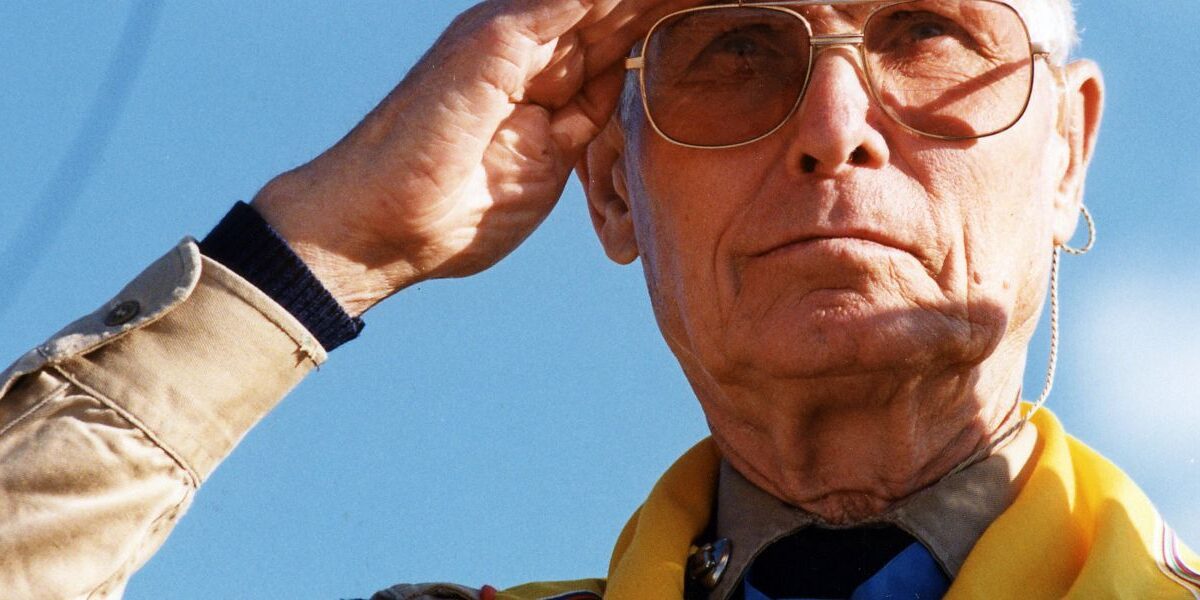“It is really a love story,” Mel Gibson told an interviewer on the red carpet. He twisted his long white beard, looked pensive, and then quoted Jesus: “Greater love has no one than this, than to lay down one’s life for his friends” (John 15:13 NKJV).
After taking the train into New York and exploring Greenwich Village, I had arrived at the Sheen Center for Thought and Culture for the premier of Hacksaw Ridge. The film is written by Pulitzer Prize winner Robert Schenkkan and Andrew Knight, and directed by two-time Academy Award winner Mel Gibson.
Set during World War II at the Battle of Hacksaw Ridge in Okinawa, the film tells the true story of Desmond Doss, Seventh Day Adventist and conscientious objector. Doss enlists as a medic, but refuses to bear arms due to his religious beliefs. This stance leads to violent harassment and ridicule by his fellow soldiers, and even a legal trial to have him discharged. But Doss is committed to his convictions. He will save lives while others are taking them.
And he did. Doss saved 75 wounded soldiers in the span of twelve hours and was awarded the Medal of Honor.
As we gathered in an intimate auditorium to watch the film, I sat alongside war veterans, clergy, and other elegantly clad audience members. The room buzzed with energy as Gibson and Schenkkan settled into their seats.
Gibson described the film as a juxtaposition—a Norman Rockwell painting smashed up against Hieronymus Bosch, innocence bordering on hell. I felt the tensions as soon as the movie began playing. Doss’s idyllic small-town childhood is corrupted by his father’s physical abuse. His engagement to his sweetheart is interrupted by war. The golden light of pre-war life is soon overshadowed by the darkness of the battlefield.
But his strong faith remains consistent. “He is a man of principle; he holds to a set of beliefs more important than himself,” Schenkkan observed.
The film’s depiction of Doss going to war is so effective the theater nearly becomes its own battlefield. I could almost smell the stench of death. The noise of gunfire and missiles shot past my ears. Malaise and despondency settled over the soldier’s faces, weighing on the audience. Men became animals; body parts became debris. Gibson does not spare any details of the carnage and brutality of combat.
Within the violence, Doss begins seeking out one wounded soldier after another. He uncovers men buried under rubble. He drags soldiers through open fire and then courageously goes back. After each rescue, as recorded earlier in Terry Benedict’s documentary The Conscientious Objector, Doss prays, “Lord, please help me get one more.”
As I watched, I couldn’t help but think of the many soldiers and veterans—some sitting right alongside me—who have experienced the brutality of war. The sounds and images that were so jarring on the screen have been their reality. Many continue suffering the impact of war through PTSD. How was Desmond Doss able to fight for life on the battlefield? How can our veterans experience life when they return home?
We may find the answer in the example Jesus gave Desmond Doss, and us. Jesus asks, who wouldn’t leave ninety-nine sheep to go after the one who is lost? Who wouldn’t rejoice at each one’s homecoming (Luke 15:4-7)? Jesus was truly God, but he gave up everything he had to enter into the world’s suffering (Philippians 2:6-11). He sought out the lost, restored health to the sick. He faced violence and did not respond in kind. Out of his great love for us, he didn’t shrink away from his task, even though it led to his own violent death on the cross. He went into the grave to bring us life eternal. Every last person mattered. Every last person continues to matter—including those wounded on the battlefield or suffering at home. God’s Spirit continues to seek us out, bringing life, health, peace.
As the film ended, I still felt the war scenes rattling inside me. It is strange to interpret a film about one of WWII’s bloodiest battles as a love story. Yet Gibson was right when he said, “Who could do what Doss did without someone greater than himself?” As Scripture reminds us, “We love because God loved us first” (1 John 4:19).
Are you a veteran in need of PTSD resources or encouragement in Scripture?





